The Role of Companies in Protecting Consumers
In America, consumers expect to receive quality products when they make a purchase. Unfortunately, this doesn’t always happen. In fact, some products actually present dangers to those who purchase them. And when a person suffers an injury due to this, the role of product recalls in defective product liability cases can be broad and dynamic.
Recalling defective products is an important step for companies upholding their duty to protect consumers. It’s expected that people should get what they pay for, but consumer safety laws add an additional element. Put simply, manufacturers and others involved in the creation and distribution aspect of commerce have a legal responsibility to not endanger citizens.
When they fail and have to issue a product recall, it can have major implications on potential personal injury cases.
How Recalls Affect Product Liability Cases
Product recalls serve various purposes. Unbeknownst to many, this includes a few positive outcomes for those injured by defective products. That’s because recalls can serve as evidence of negligence, knowledge of fault, and a failure to comply with regulations. Each of these components can be incredibly beneficial in personal injury cases.
Evidence of Defect
When someone is injured due to another party’s negligence, they shoulder the burden of proof. It’s their responsibility to show that someone else’s wrongful acts resulted in their injuries or losses. This can be a complicated task — particularly when it’s necessary to prove that a product was defective enough to cause injury.
Fortunately, this becomes much simpler when a product recall takes place. Recalling a product can serve as evidence of a defect on its own. It’s essentially an acknowledgment by the manufacturer that their product poses some safety risk. This can support the plaintiff’s claim that their injury was caused by the defective product.
Evidence of Manufacturer Knowledge
The role of product recalls in defective product liability cases goes far beyond supporting the claim that a defect existed. In addition, these recalls show that manufacturers had knowledge of these defects. This knowledge is crucial when proving liability — whether through establishing negligence or strict liability in a personal injury case.
Put simply, this knowledge shows that the defect was either known of or should’ve been known of. Additional evidence may also prove that this knowledge was established long before the recall took place. When this occurs, companies may face additional legal issues. This includes the potential for punitive damages as punishment for egregious actions.
Insurance Complications
When someone suffers an injury due to another party’s negligence, it’s often not the negligent party that pays compensation. Typically, it’s their insurance company. Companies may rely on their policies to protect them financially when their products harm someone, but it’s possible that insurers may try not to pay.
This is a common problem with claims denials. However, this issue may go beyond insurers trying to avoid paying what they owe. In some instances, the liable company may not have coverage due to policy exceptions, late reporting, and failure to issue a recall in a timely manner. This can create major problems best handled by a legal professional.
Compliance With Regulations
Recalls can also play an important role in product liability cases by exposing whether the company in question is compliant with government regulations. This is true in multiple ways. First, a recall may showcase that regulations were ignored during the manufacturing process. This is a common underlying cause of product defects.
The timing of a recall — or whether one is issued at all — can also affect personal injury cases. Regulations require that companies issue recalls when it becomes clear that a product is unsafe for the public. Failure to do this in a timely manner or refusal to issue a recall can further establish negligence on part of the company.
Can Product Recalls Complicate Injury Cases?
Clearly, the role of product recalls in defective product liability cases is overwhelmingly positive. However, such recalls can occasionally complicate matters — or at least hinder an injury victim’s ability to secure compensation. For instance, a consumer may be seen as negligent themselves if they continue using defective products after a recall is issued.
In some jurisdictions, this negligence could actually disqualify an injury victim from being compensated. Additionally, it’s possible that damages may be minimized by a recall due to the appearance that the liable party took proactive measures. Even the publicity behind a recall can affect a case — with liability potentially being reduced if it’s well-publicized.
Put simply, the role of product recalls in defective product liability cases can be complicated. While such an action from manufacturers and other potentially negligent parties can prove beneficial, the reality is that they add a sometimes complicated element to a case. This is why it’s typically advisable to speak with an experienced legal professional.
Should You Accept a Settlement?
The overwhelming majority of personal injury cases are resolved with settlement offers — at least in cases where victims are granted compensation. However, it will sometimes be necessary to file litigation in order to secure financial recovery. This typically results in higher compensation amounts, but is a lawsuit always the right approach?
This is a complicated question, and it’s one typically best discussed with your attorney. That’s because the answer can vary based on the unique circumstances of your case. One of the roles of product recalls in defective product liability cases is that they sometimes increase the likelihood of a fair settlement. After all, companies often want to avoid further negative publicity.
This means it’s often possible to get a quick and fair outcome in your personal injury case. However, there will be times when negligent parties refuse to properly compensate you. At Passalacqua & Associates, LLC, we’re here to help in these situations and many others. Contact us at 315-500-6425 to schedule your free consultation.

 CALL US NOW
CALL US NOW EMAIL US NOW
EMAIL US NOW






 315-500-6425
315-500-6425
 officeadmin@cnytriallaw.com
officeadmin@cnytriallaw.com




